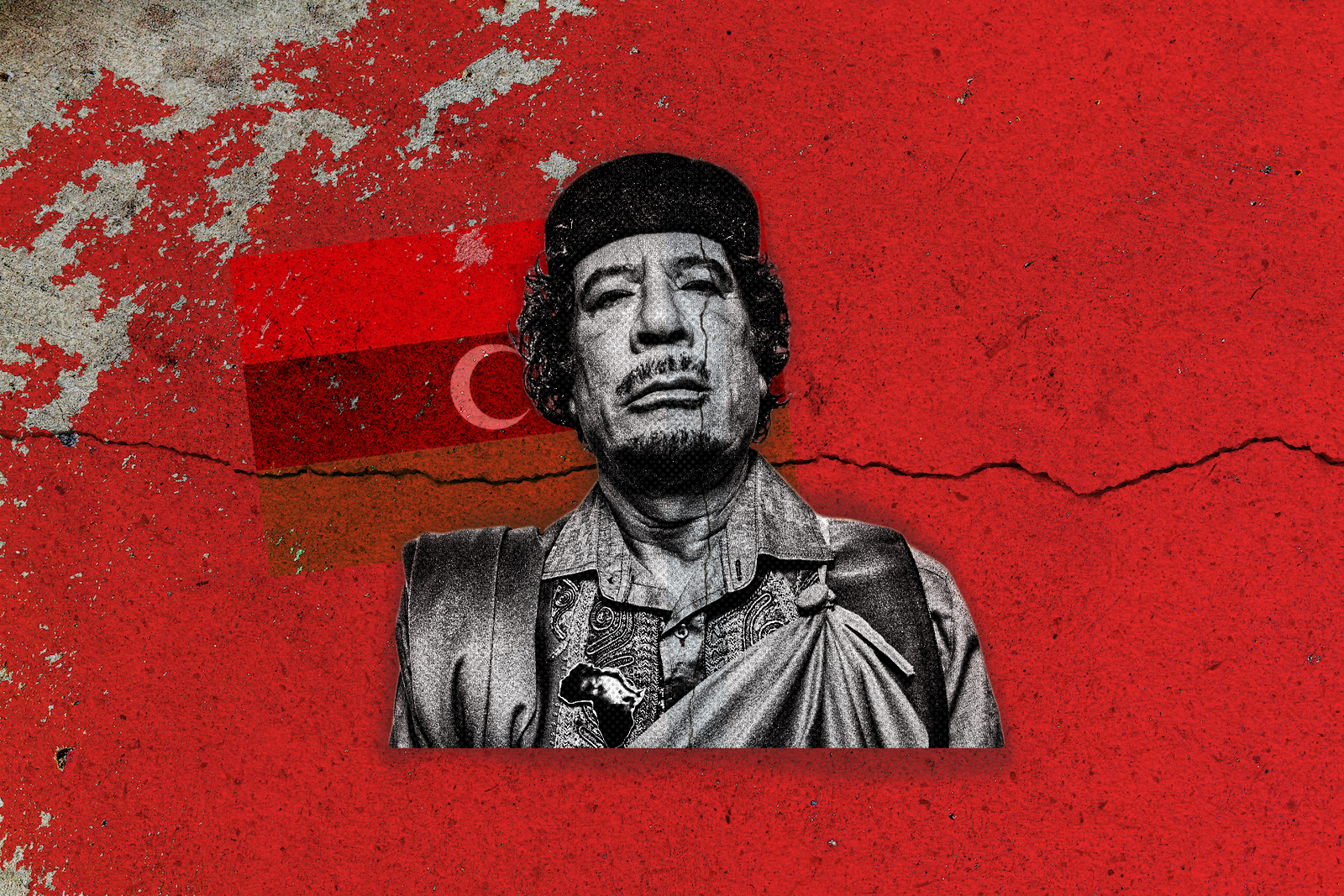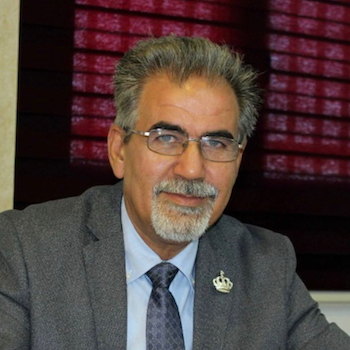
Books
In Libya ‘The Dead’ have Been Awakened
Lord Byron asked at the beginning of the Greek Revolution, “The Dead have been awakened — shall I sleep?” The Greeks’ growing awareness of their history inspired them to rise up and overthrow their Ottoman rulers. They fought for seven years to get a country of their own. Many countries have a similar romantic national story. Other countries, like Britain or France, and Russia are so old that their stories speak for themselves. In the Middle East, these national identities are harder to find.
As any student of Middle East history knows well, most Arab countries were created in the great cities of Europe, with little input from locals. The birth of many Middle East countries conjures up images of mustachioed British and French diplomats in London, Lausanne, and San Remo, drawing lines on maps with cigars in their mouths and glasses of whiskey in their hands. Unlike the French revolution or the romantic revolts of the Italians and Greeks, there was no great struggle for the independence of any Arab country. The existence of nations without national identity is a fact that continues to plague all aspects of Middle Eastern politics, economics, and international relations.
National identity is the idea underpinning the “general will,” the idea that Jean-Jacques Rousseau put at the heart of his concept of legitimacy. Before you have politics, you need a political community, a group of people who see their lives as belonging to the same past, present, and future. The basis of their union needs to be rooted in something more than circumstance, but in a sense of self. A nation needs a national identity. Because if there is no national identity, there can be no political community; if there is no political community, there is no national interest; if there is no national interest, there is no legitimacy.
And where there is no legitimacy, politicians and smaller communities will pursue their own goals, taking the resources of the country for themselves with no regard for the future or citizens of their country.
This is a familiar story played out over and over again in places like Lebanon, Iraq, Syria, Yemen, and of course, in Libya. What unites these countries is not only the youth of their countries and the circumstances in which they were created. They are also united by a similar experience of crisis and confrontation, of disunity and social breakdown, and plagued by politicians who feed off the state instead of building it.
On the one hand, corruption is the greatest betrayal a politician can commit. On the other, one can almost sympathise with their cynicism. They may be proud of their homeland, but they cannot see the nation they are meant to serve. It is for this reason that history matters so much.
Without a shared understanding of the past, there is no reason for anything but anarchy in the present, and there is no thought for the future. A nation comes together from the experience of the past, shares the trials and tribulations of the present, and can share a vision of a better life in the future.
Libya has a history, a story, and a basis for national identity and political community. Even before Libya was created, it was the Senussi movement that fought for Libya’s independence, within the Ottoman Empire and during Italian and Nazi occupation. The founding father of Libya, Idris al-Senussi, was the leader of this movement and was exiled from his country for fighting for its freedom. And for eighteen years, Libya was ruled by King Idris, who came to and left the throne without riches, without extravagant titles, and without seeking fame. This was an inconvenient truth for Muammar Qaddafi, who sought to write a new Libyan history with himself at the centre, and who created a political system with his own self-interest—not the national interest—at its heart.
Libya’s history has deliberately been suppressed, contorted, distorted, and forgotten for almost half a century, to the extent that Libyans themselves forget that their national history began long before Qaddafi. It is, then, unsurprising that it is Harry Halem, a non-Libyan, who has written the history of “the family that made Libya” in The Senussi Dynasty: The Family that Made Libya.
Halem’s book is gripping, factual, and compelling. It overturns the deliberate doctoring of history by the Qaddafi regime, putting the history of Libyan politics between 1951 and 1969 in a global historical context and showing the impact that the Cold War and foreign influence had on Libya’s fragile stability. It offers new insights into how Idris al-Senussi came to power. But most importantly, it invites Libyans to ask a fundamental question: How should we tell the story of Libya?
As I see it, there are three options.
The first option is the status quo: to be stranded in the present. Perhaps because of the trauma of the past, Libya today is ignoring its history. There is no vision of the past or future. In this option, there is only the endless present, in which our greatest ambition is to not kill each other, our biggest ambition is to have an election in which we hate all the candidates, and we pat ourselves on the back every month that passes without a war. It is a life in which we let the most ruthless and selfish become politicians and allow them to pillage the state, because there is no nation to serve. It is a life in which we are less honourable than the Ottoman beys and effendis who were forced to accept what the West told them to do. It is a life in which have given up on standing up and finding a solution for ourselves because we do not care about our nation and do not know what we want.
The second option, only slightly better, is to live in the shadow of Qaddafi. We can make believe that Libyan history started in 1969 and allow Qaddafi to haunt our dreams and nightmares forever. We can teach our children that Libya is a choice between dictatorship and oppression or anarchy and corruption. We can delude ourselves with the idea that life then was better than life now. We can act like the survivors of a dictatorship, salivating over elections like a child who has never tasted candy and ignoring the candidates and the corruption and the foreign intervention and the threats of violence. We can keep living the narrative of “to Qaddafi or not to Qaddafi.” But the bitterness of the past will never build a nation in the future.
The third option is to become a nation. We can see the next stage of the Libyan revolution as rediscovering Libyan history and reclaiming the history that Qaddafi stole from us. We can be proud of the country we began to build and can see the years of Qaddafi as a long, unfortunate pause in what can still be an extraordinary story. We can accept the past as our shared experience, as the foundry of the Libyan nation, and can move past the last ten years of fruitless experimentation by literally bringing back our history in the form of a constitutional monarchy, led by a Senussi.
In Libya “The Dead” have been awakened. Libyans are waking up, too. Inside of Libya, the movement to revive Libya’s history is growing in the form of a vibrant grassroots movement to resurrect the Libyan monarchy. The truth, as so wonderfully elucidated by Halem in his book, is that Libya had a promising start to its national journey, a journey that need not to have ended in 1969. As Harry Halem’s book makes definitively clear, the story of the Senussi family is indeed the history of Libya. It can still be the country’s future.

